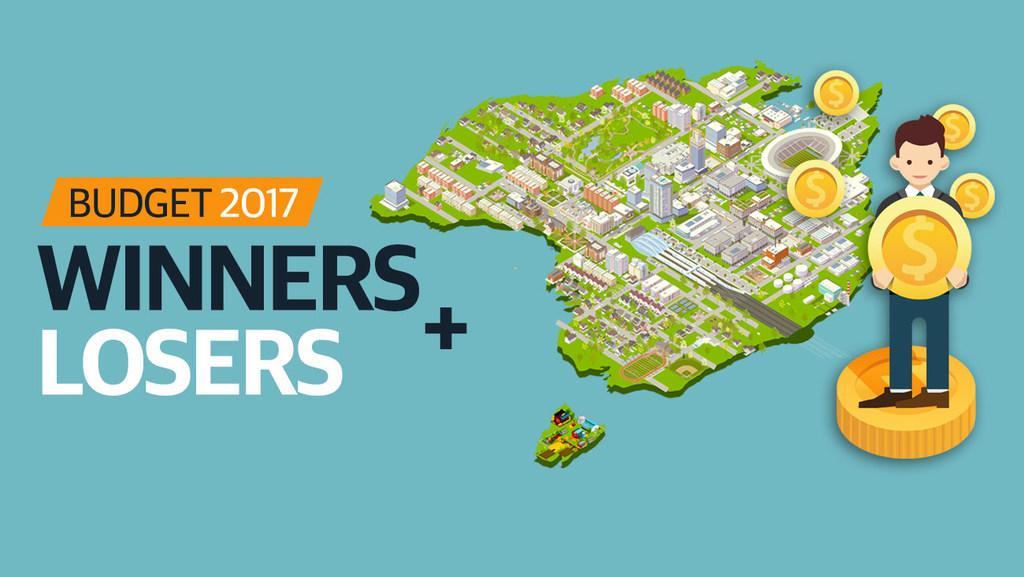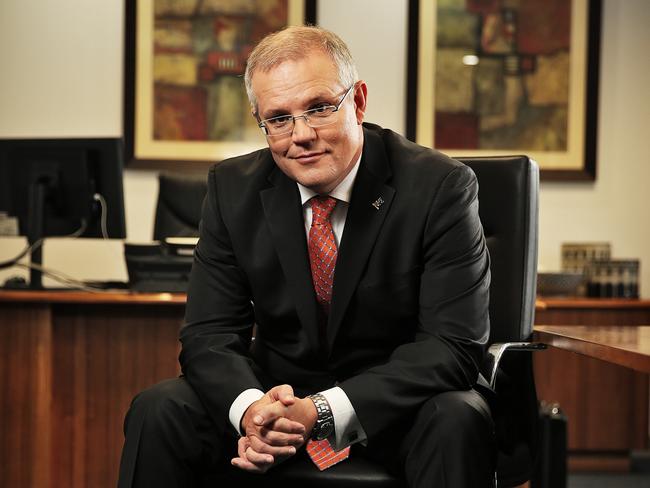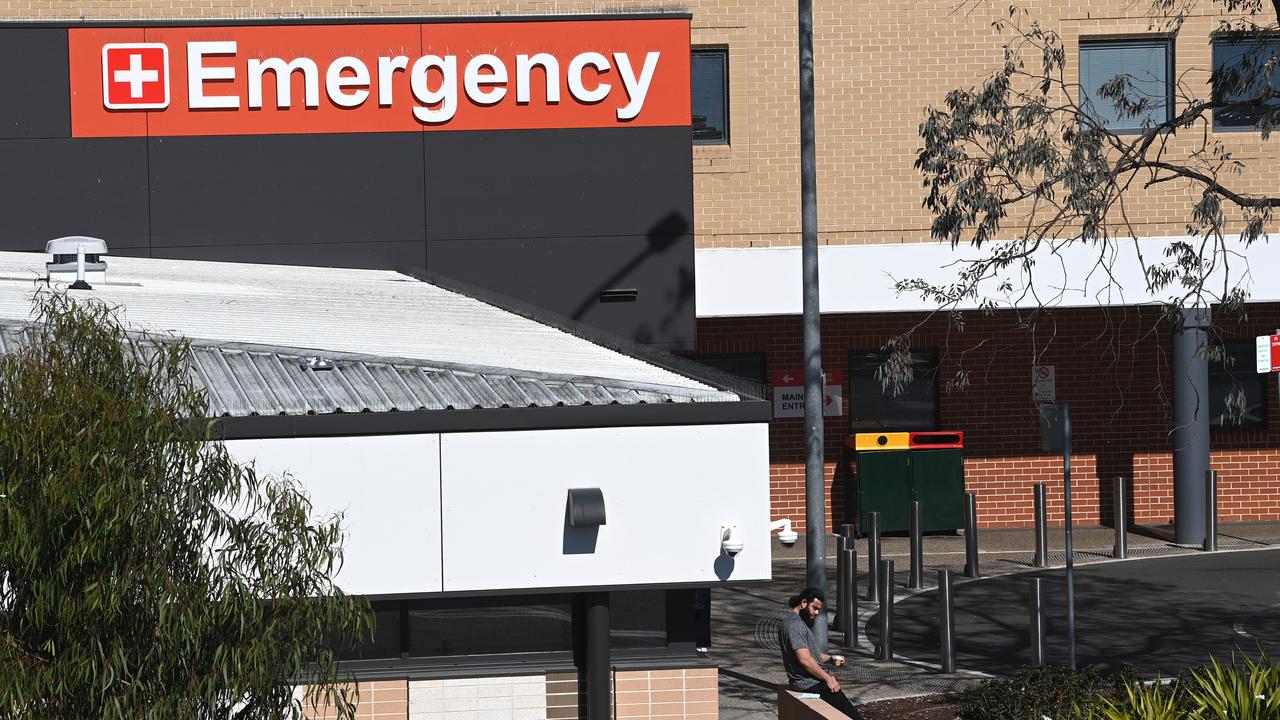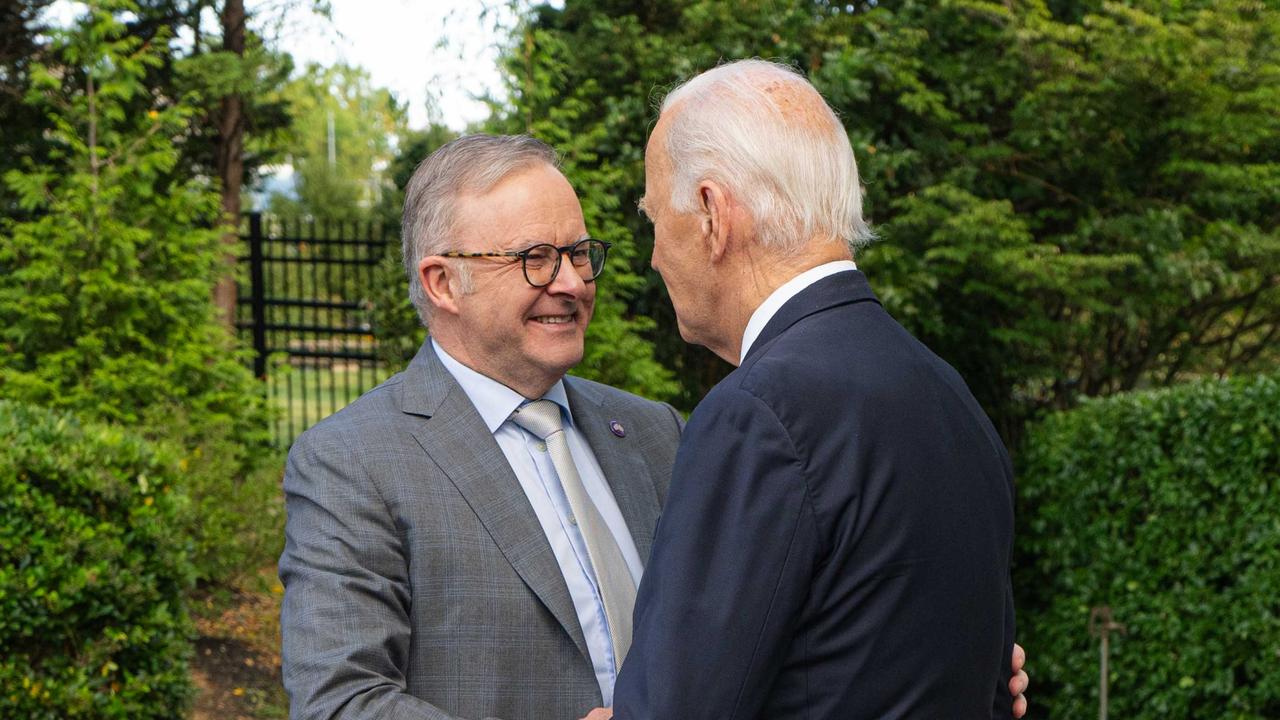Kochie’s verdict on the 2017 Federal Budget
THE average Aussie is asset-rich, cash-poor, frustrated and disenchanted ... so is this Budget the answer to all our financial woes?

Federal Budget
Don't miss out on the headlines from Federal Budget. Followed categories will be added to My News.
TREASURER Scott Morrison says we’re all frustrated we’re not getting ahead.
That we’ve been working hard but haven’t been able to get a decent pay rise.
He’s promising we’re getting to the end of this difficult period and better times are ahead. So is this Federal Budget really going to end our frustration, deliver a decent wage increase from the boss and ease our financial stress?
I know it’s absolutely un-Australian to acknowledge anything a politician does well, or to like a Budget, but this is among the better ones that I’ve seen over the years.
BUT — and yes there’s always a but — don’t expect to be flush with extra cash.
The statistics show you have never been wealthier. The average Australian is one of the wealthiest people in the world. The problem is that growth in wealth has come through rises in the value of your home and superannuation … neither of which you can either eat or use to pay the bills.
Basically we’re asset rich and cash poor. That’s why we’re so frustrated and disenchanted. The economy and our bosses are doing better but we’re finding it just as tough as ever.
So what is this Federal Budget predicting for your financial wellbeing over the next 12 months?
YOUR JOB

This time last year the Budget was predicting unemployment would fall to 5.5 per cent. Unfortunately that improvement didn’t eventuate and it stayed around the 5.75 per cent level.
This Budget is predicting no improvement in unemployment even though our economic growth will pick up, the downturn in mining investment is coming to an end and overseas economies are rebounding.
But it seems as though there will be an easing in underemployment. This has been the hidden drag on employment. People who want to work more hours but aren’t.
Bosses are happy, they’re making higher profits and now they’re likely to convert more casual staff to full time and increase hours. But unemployment is not expected to fall.
As a result, that will not translate into big pay rises. The Wage Price Index (which measures salary increases) is expected to rise from 2 per cent this year to 2.5 per cent in the next financial year.
Look, those old fashioned 5-10 per cent pay rises are just not going to happen with inflation so low. The Budget is predicting bigger wage rises of 3 per cent in 2018/19, 3.5 per cent in 2019/20 and 3.75 per cent in 2020/21. Frankly I wouldn’t bet on that happening … it’s just so far away.
The forecasts show the best job prospects will still be in the services sector and particularly those companies which are exporting services.
YOUR FAMILY BUDGET
While wage rises will stay low, so will price increases. The Budget is predicting the Consumer Price Index will rise 2 per cent … which is the same as the last 12 months.
Offset by a 2.5 per cent rise in pay, at least you’ll be ahead in real terms … not by much but every bit helps.
Prices of things like clothes, cars, electronics, overseas travel and appliances haven’t been this cheap (compared with wages) since the 1970s. The relative price falls in those items have offset any spikes in food, fruit and vegetables.
Retailers have been doing it tough to make a buck and they’ve been chasing our business aggressively. That’s why a lot of shops seem to have continuous “sales” promotions.
They are under pressure from increased competition here and overseas from international retailers. That competition is going to get even more intense.
Prepare for a half per cent rise in the Medicare Levy to 2.5 per cent to fund the National Disability Scheme but it won’t start until 2019. I thought the increase would be means tested to wealthier Australians, but everyone will be hit.
Reinstating the Pensioner Concession Card for those impacted by the assets test changes in January is a welcome change of heart as it allows 92,000 pensioners to again receive discounts offered by States and Territories.
YOUR HOME
The booming residential property markets in Sydney and Melbourne appear to already be self correcting but this Budget ensures that growth will continue to slow. Despite my fears of a heavy handed approach, the Budget is quite smart in its housing affordability package.
The cornerstone of the package is a program for first home buyers to stash extra money away in superannuation to accrue a home deposit. That extra cash will be isolated, but earn the normal superannuation tax concessions, and can be withdrawn to buy their first home. It’s a much better, and smarter, program than the mooted special savings account.
This Budget also helps with increasing the supply of housing to ease price pressures by freeing up more Government land to develop and cutting regulations. Senior Australians will also be encouraged to downsize through a superannuation incentive.
Foreign buyers have been hit hard to discourage them from competing against locals for property. They’ll be hit with an increased capital gains tax on all sales above $750,000, fined if they keep their properties empty and receive no Capital Gains Tax concessions on a principal residence.
We all know the housing price boom has been gradually deflating at different rates across the country. That trend is likely to continue but there is no evidence in this Budget that it will turn in to a crash in prices.
YOUR SUPERANNUATION

No real change to your superannuation rules except an attractive change for senior Australians who decide to downsize, thereby freeing up housing stock for families.
If older Australians downsize their house and make a capital gain, they use that money to make a non-concessional contribution into superannuation up to a maximum of $300,000 per person.
As far as your superannuation fund returns are concerned, the gurus from Treasury are predicting a pretty good year ahead. Economic growth in the US is strong Europe is really patchy but getting better, China continues to be solid and Japan is improving.
So overseas sharemarkets are expected to be strong on the back of better company profits.
YOUR BOSS
Should be happier than this time last year and should stay that way. Not only is the economy going to grow at a solid 2.75 per cent but the amount of company tax they will pay on profits will continue at the lower level.
All small and medium size businesses with revenues under $10 million a year will still be eligible for the lower 27.5 per cent company tax rate (instead of 30 per cent) and they’ll the instant write-off for equipment purchases up to $20,000 has been extended for a further year until June 30 2018.
Originally published as Kochie’s verdict on the 2017 Federal Budget


